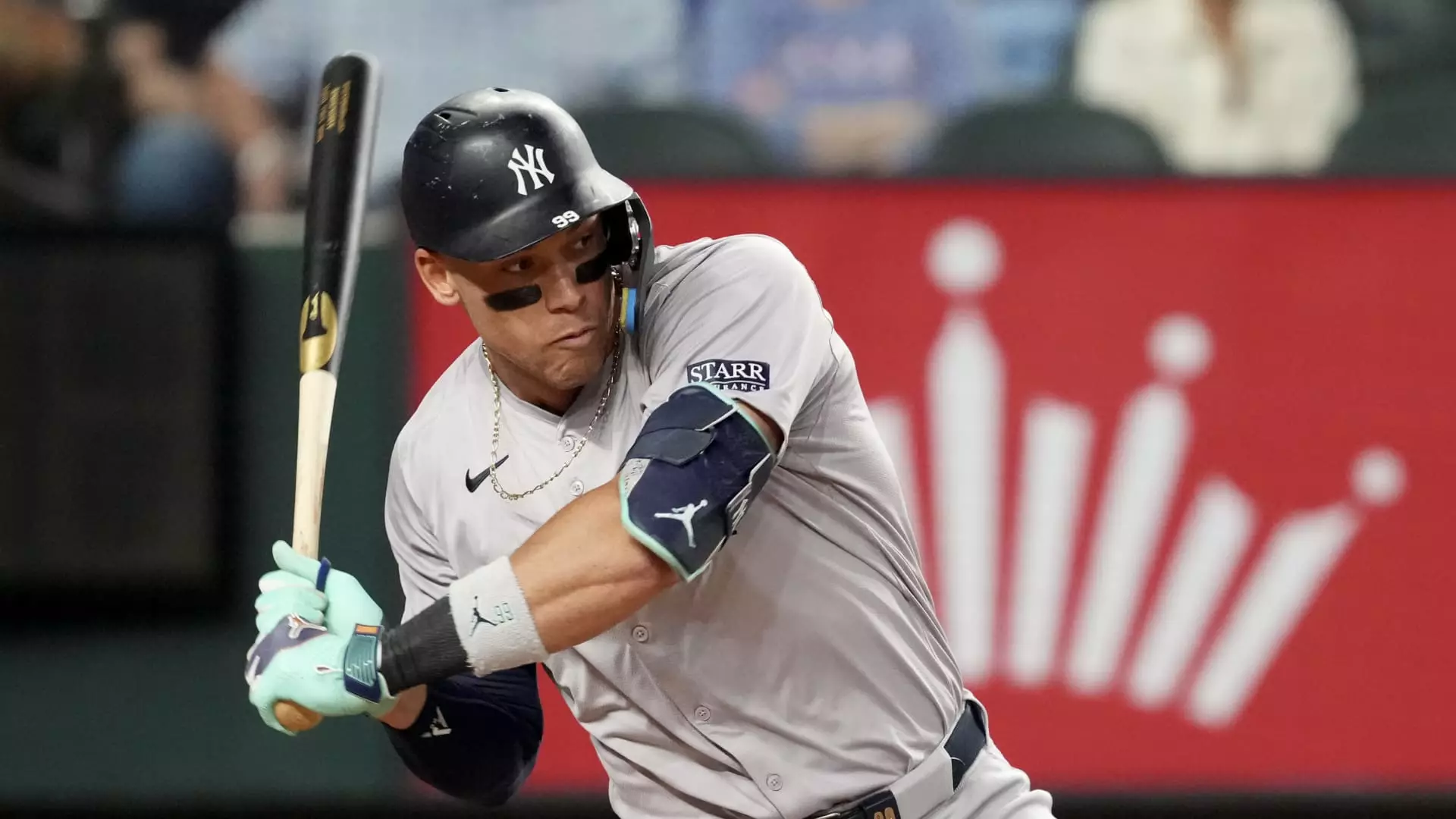Major League Baseball has undergone significant changes in recent years, with a renewed focus on amplifying the talents of its players and expanding its reach to a more national audience. MLB Commissioner Rob Manfred emphasized the importance of developing a national strategy to grow the sport beyond its traditional regional boundaries. This shift in mentality is a response to the league’s desire to engage a wider audience and maximize its potential for growth.
The Impact of Diamond Sports Bankruptcy
However, MLB’s plans for expansion have been met with challenges, including the bankruptcy restructuring of Diamond Sports, the largest owner of regional sports networks in the country. Teams have had to adapt to the changing landscape by seeking alternative broadcasting options, such as producing and airing their games through the MLB itself. Despite these setbacks, the league remains committed to its goal of becoming a more national sport.
Rethinking Star Power and Pitching
Former MLB greats CC Sabathia and Albert Pujols highlighted the importance of creating and marketing star starting pitchers in addition to position players. The evolving nature of the game has seen a reduction in the number of complete games and the intensity of elite pitchers facing off against each other. To address this issue, the MLB has considered implementing a minimum inning requirement for starting pitchers, signaling a potential shift in pitching strategies.
Major League Baseball has not shied away from making rule changes to enhance the overall experience of the game. Recent adjustments, such as limiting pickoffs and installing larger bases, have led to a resurgence in stolen bases and a more dynamic style of play. Additionally, the league has made efforts to reduce the prevalence of defensive shifts, allowing for increased opportunities for hits and athletic plays in the field.
In line with its commitment to growth and inclusivity, Major League Baseball has recognized the significance of diversifying its audience. This includes officially acknowledging statistics from the Negro Leagues and undertaking initiatives to engage underserved communities. By embracing its historical roots and reaching out to a broader demographic of players and fans, the MLB aims to create a more inclusive and welcoming environment for all those involved in the sport.
Major League Baseball’s evolution is driven by a desire to innovate, adapt, and grow in a rapidly changing sports landscape. By emphasizing national expansion, rethinking star power, adapting rules, and diversifying its audience, the MLB is poised to enter a new era of success and sustainability. As the league continues to navigate challenges and opportunities, its commitment to excellence and inclusivity will be central to shaping the future of America’s pastime.

